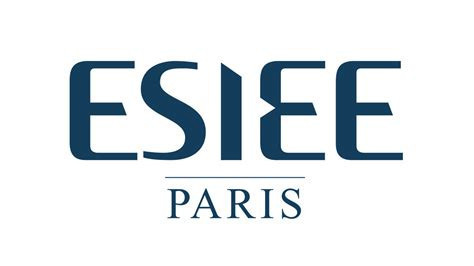
International Workshop on Intent-Based Networking (WIN'2021)
June 28, 2021 // Tokyo, Japan / Hybrid On-line Conference
Keynote speaker: Péter Szilágyi, Nokia Bell Labs, Hungary

Title: Intent based Network and Service Automation
Abstract
Intent Based Networking (IBN) is a new paradigm in network and service management, aiming to reduce the complexity exposed to operators and users of the network. Traditional policy and rule-based management approaches require users to prescribe context based actions for the network, which executes them regardless of their actual impact. In order to achieve a consistent network or service level objective, many contexts would need to be considered in advance, manually providing a specific recipe for each. With the increasing complexity of device, topology, technology, vendor, dynamic user demand and behavior, such approach is not feasible nor scalable in real life. In contrast, IBN allows users to communicate more abstract, context independent goals and expected outcomes to the network, without prescribing specific means or actions to achieve them. The IBN autonomously derives actions or configurations and applies them in the right domains to achieve a network behavior that is consistent with the goals. While the IBN principle leverages abstraction to combat complexity exposed to network users and operators, its significance goes beyond providing yet another interface layer above existing network management APIs. First, interfaces from human to machine and machine to human both need to be designed to create a human-centric role-based exposure of network state and capabilities, helping users create intents that are feasible and sensible. Feedback must flow in the reverse direction carrying information about the system, intents and escalated potential problems in a contextualized representation that is comprehensive to and actionable by the user, rather than dumping low level data that requires deep manual investigation. Novel dialogue mechanisms could be implemented between the system and the user to let the system acquire missing information or guidance from the user on a focused and need basis. Second, IBN systems require additional intelligence to adapt their own operation to the intents. Autonomy has impact on internal system architecture, new technology enablers and capabilities that cannot be packed in an interface layer. New intent related system requirements include consistency check and validation of new intents, system state monitoring, intent contextualization and translation to action, self-evaluation and self-learning. In particular, fulfilling and assuring intents is often a stateful continuous activity rather than the completion of a one-time configuration change. Actions should be improved continuously via self-learning capability, by monitoring the outcome of the actions and learning what is efficient in various contexts. The IBN also needs to harmonize multiple intents and handle potential conflicts, with may be temporary or persistent, local or global in scope. The talk will reflect on the IBN journey in the ICT industry so far, outline the benefits of IBN, discuss technical requirements, challenges to be solved, and future directions of research and evolution.
Biography
Péter Szilágyi received an M.Sc. degree in Software Engineering from the Budapest University of Technology and Economics (BME), Hungary, in 2009. He is a senior research engineer and DMTS at Nokia Bell Labs. His research history includes telecommunications and software, artificial intelligence, data analytics, 5G and verticals, connected vehicles, end-to-end system engineering and rapid prototyping. He has more than 40 patents and 25 publications in book chapters, journals and conferences.





